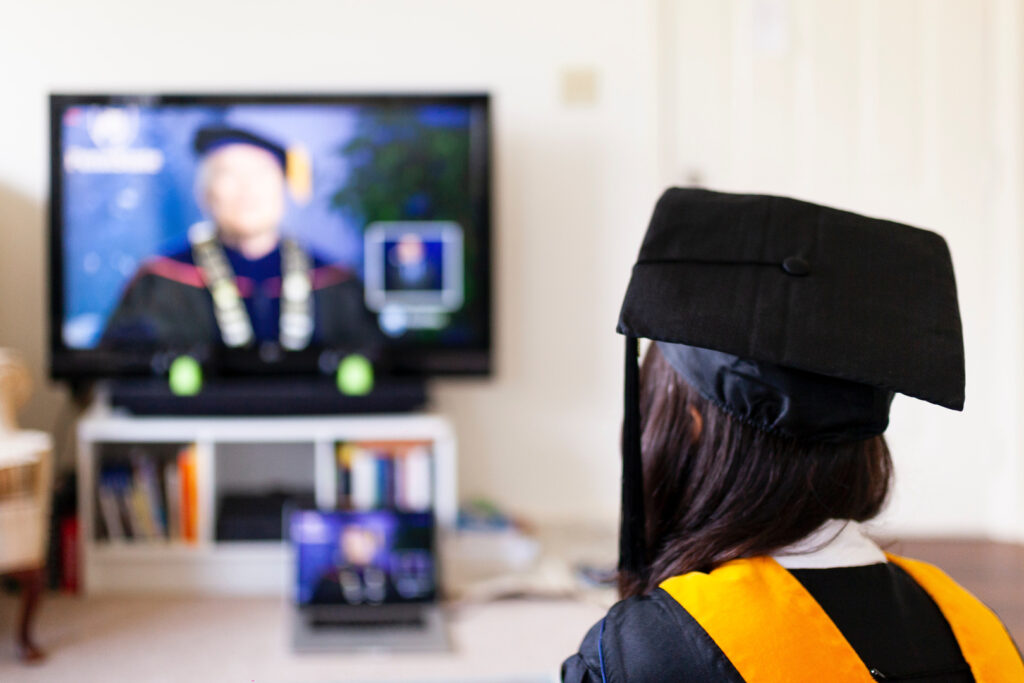Online learning has not always had as much attention as it currently does in Africa. Clearly, Covid-19 has played a major role in the transition from real-time traditional learning to virtual or online learning as a lot of people, organizations, and institutions had to stop physical gatherings to prevent the spread of the virus.
Zoom technology came to our rescue within this period because of its’ ability to connect lots of people across different locations together, allowing them to communicate with each other all at once. It also provided a good enough replica for not just the classroom, but for meetings, seminars, and other forms of event. However due to some factors, the navigation to online learning across Africa has not been completely successful, either via live classes or already recorded lectures.
Firstly, the unsteady power supply in Africa has been a major hindrance to online learning. Online education requires a steady uninterrupted power supply, and the majority of Africa can’t boast of it. High-speed steady internet supply is also another compulsory requirement for online lectures, and most cities in Africa are lacking that as well. Although some major cities like Accra, Nairobi, Lagos, Abuja, and other capitals may have a relatively high-speed internet connection, it is very expensive, and it cannot account for all of Africa, much less for even 30% of the African population and that is not good enough for a successful transition.
Another major prerequisite for online learning is a computer set. In most public schools, you barely have enough operational desktop computers owned by the school, making the chances even lower for their students.
Taking away our focus from the challenges it has encountered, let’s look at five ways online learning is changing the way people get educated in Africa.
Five Ways Online Learning Is Changing The Way People Get Educated In Africa
Cost: Online learning is cheaper than the traditional physical education. In most areas in Africa, one might have to rent an apartment which can most times be triple or double the tuition fees and once someone stays outside the campus, other expenses such as transportation, feeding, and other unplanned expenses become a part of becoming educated. In online learning, all one may need to have is a computer and steady power and light supply and be all set for learning. No need to rent another apartment as you’ll be learning from the comfort of your home, and this in turn will save a lot of money.
Structure: The time flexibility online learning offers to students can be a major benefit to them, especially for working students. However, this may require a lot of self-discipline, especially for already recorded lectures. Once progress is tracked, the structure that the classroom education presents may be very of great advantage.
Comfortability: One thing the African educational system is far from producing for its’ students is comfort. In most public universities in Nigeria, (Popularly known as the “Giants of Africa”). Most schools lack adequate basic learning facilities, facilities as chairs, tables, well-ventilated classrooms, black/whiteboards, and lots more, and this can make learning very uncomfortable. Also, most lecture halls are far apart and this makes students walk long distances from one lecture hall to another, and this can be very uncomfortable for learning, as learning requires a very conducive environment.
Security: Due to the increasing state of insecurity across the continent that has seen students become targets of kidnappers, terrorists, and bandits, online learning may prove to be a safer option in Africa.
Efficiency: Away from the activities in the curriculum, the social connection and extra-curricular activities are also important for learning to be efficient. Group works, and classroom interactions are very important for a students’ general growth and development, and online learning does not provide that. Although some students learn in isolation due to anxiety, that can’t make up for most of the students that will be missing out. Online learning may also not be efficient for practical learning, in laboratory settings, individuals may not be able to afford personal laboratories, and in workshop settings, there is a need for physical hands-on practical. Online learning will not also be effective for medical-related courses, especially medicine and surgery, a physical practice is a MUST as it is a very delicate course.
If a balance can be created, online learning may prove to be a good development. Especially as it will make familiarize African students with modern technology, which is also necessary for surviving in the time and age we’re in.

